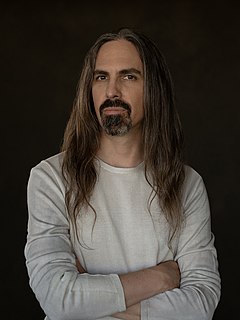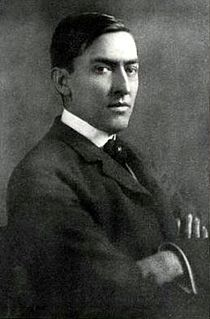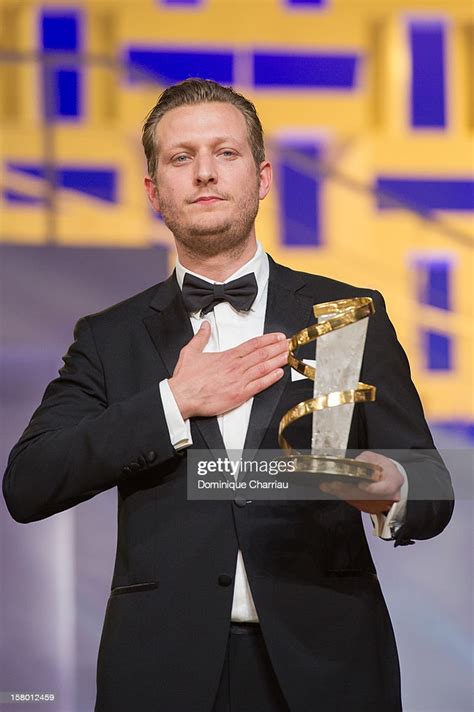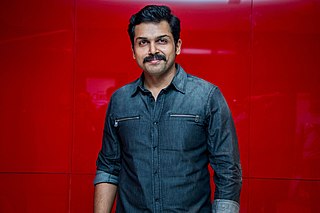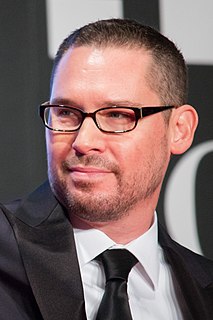A Quote by Bear McCreary
With television you are producing hours and hours of music and for film it is a shorter experience for both the audience and for you as a composer.
Quote Topics
Related Quotes
One of the challenges assembling the film was that gun fight went on for three and a half hours and we obviously couldn't spend three and a half hours of the film with one gun fight. It was trying to figure out the balance of how much an audience could take before they either became repulsed or desensitized or bored or just overwhelmed.
I've done panel shows, which I enjoy, and on those you're recording half-an-hour of TV and sometimes they film for two hours. But with 'Britain's Got Talent,' you're on camera for eight hours, with a large theatre audience watching - and in between you're being filmed for ITV2 as you eat your lunch.
Suddenly, after years of television being the poor relation and film being everything, it now feels like film is a conjuring trick. It's like, "Oh, my god, how are you going to do that in 90 minutes, as opposed to eight hours?! I've got so little time to do this!" It becomes an art form, in itself. Doing both helps you do each one.
I think television is moving more into movies, particularly with serialization and almost cinematic proportions and expectations. A show like 'Game of Thrones' is a perfect example of that, or even a show like 'The Wire,' which isn't all about instant gratification it's about inviting someone into the long experience of television the way you'd be invited into a theater for two hours. So I think in that way, and the quality of writing in television is probably much better than most film writing.
